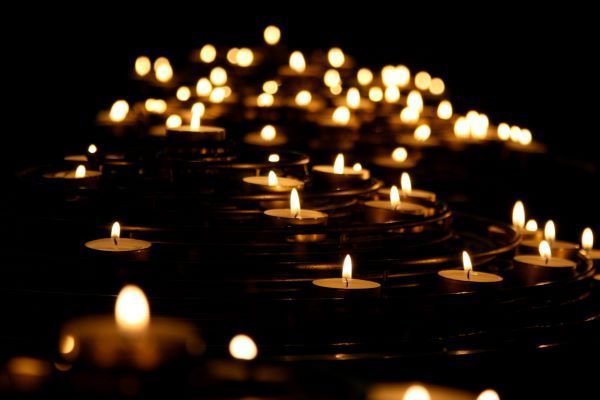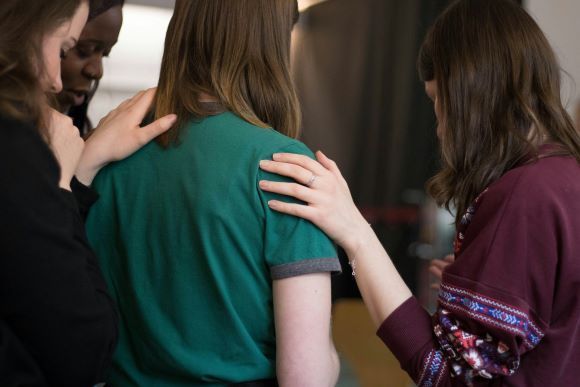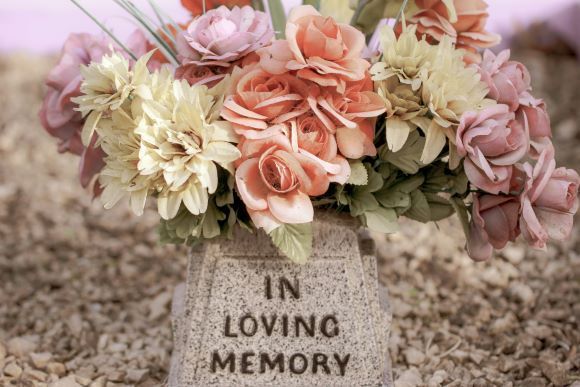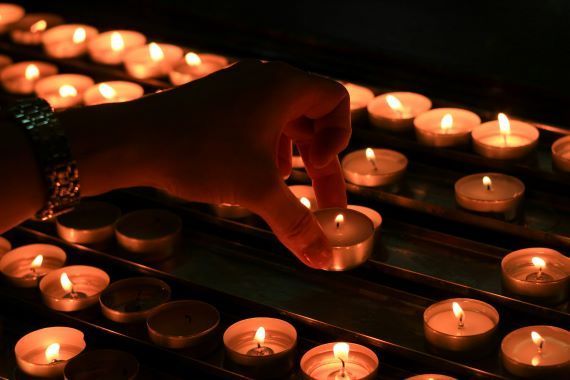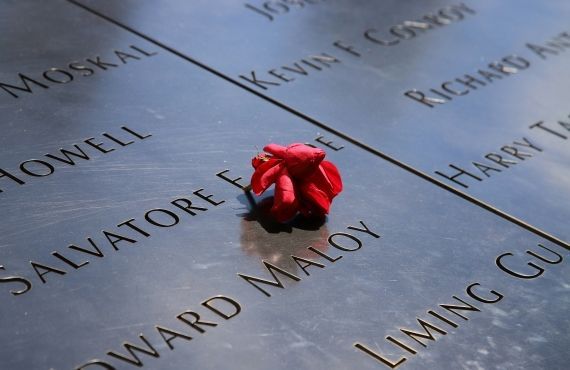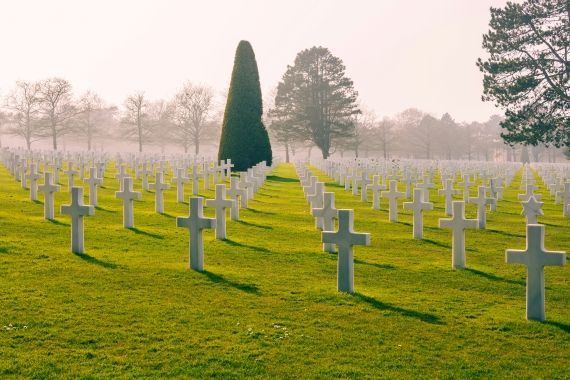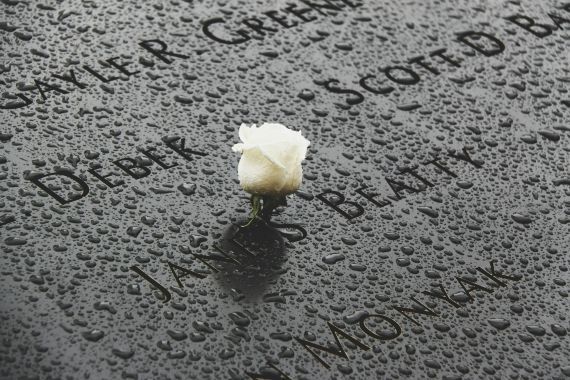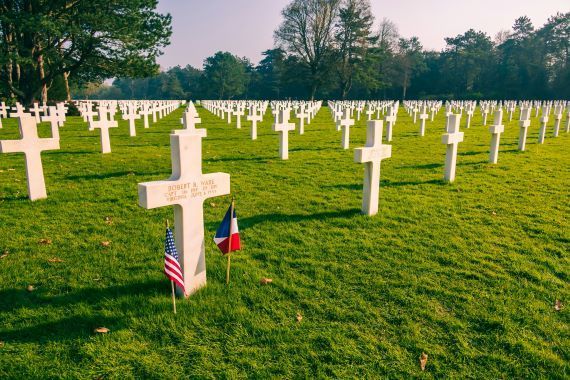163 Main St.
Pennsburg, PA 18073
Fax: 215-679-5782
Unveiling the Past: Exploring Early Funeral Traditions and Rituals
Discover surprising funeral traditions from different cultures and religions. Explore how early rites shape modern practices in Hellertown, PA.
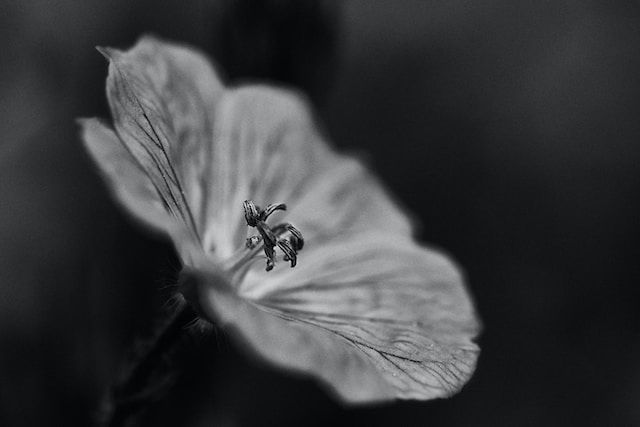
Diving into the rich tapestry of human history, one finds an astonishing array of customs and rituals, particularly when it comes to the treatment of our dearly departed. Particularly, the community around cremation services in Hellertown, PA, might find this journey through time enlightening and surprising.
These customs and rituals vary between cultures and religious groups, often reflecting beliefs about life, death, and the hereafter. Early burial customs were crude efforts to protect the living from the spirits which caused the death of the person. Over time, these evolved into more structured ceremonies, acting as shared experiences of mourning and expression of grief for lost loved ones.
In the United States, funeral rites have a diverse history, shaped by a multitude of cultures and traditions. In early America, many communities had unique practices in honoring the dead. For example, Puritan funerals were silent, somber affairs, but their wakes were lively communal events. The night before the burial, friends and family of the deceased gathered at the house of mourning to partake in a viewing, ensuring that the deceased did not awaken. Surprisingly, this wake was accompanied by a large feast, where mourners celebrated with food and liquor.
Shifting our gaze to ancient Greece, funeral rituals took on a more public, communal dimension. It involved laying out the body for mourning by friends and family, a part of the ritual known as prothesis. A day or two after the death, a funeral procession called the ekphora would carry the deceased to either their final resting place for burial or a funeral pyre for release to the Olympian gods. Gravesites were marked by tombs, columns known as steles, or statues, which were brightly painted—a vibrant contrast to the often somber modern-day funeral customs.
Hinduism, one of the world's oldest religions, provides another intriguing perspective on early funeral practices. In Hinduism, no importance is placed on the body, which is seen as merely a vessel for the soul. Early in the development of these funeral practices, when a person died, one of their heirs would preside with the priest over the preparation of the body for cremation. After death, the body would be bathed and placed in a coffin with flowers and burial items, waiting for the funeral procession to take it to the cremation site. Astonishingly, a Hindu funeral takes place almost immediately: by dusk or dawn, whichever comes first.
Navigating these diverse practices for those who provide cremation services in Hellertown, PA, like many others across the world, reveals the intriguing ways humanity has learned to cope with death. These rituals, though separated by thousands of miles and several centuries, bear a common thread – an expression of grief, a celebration of life, and a symbolic journey from one realm to another.
Falk Funeral Homes & Crematory Inc. understands and respects this rich diversity of traditions. They value the importance of providing a space where families can honor their loved ones according to their unique customs and beliefs. Through their service, they help families walk this age-old path of mourning and remembrance with dignity and respect.
So, as we unveil the past, we realize that our funeral traditions and rituals are not just about bidding farewell. They are about honoring the complex, beautiful tapestry of life, ensuring that the legacy of the deceased lives on in the hearts of those they leave behind.

